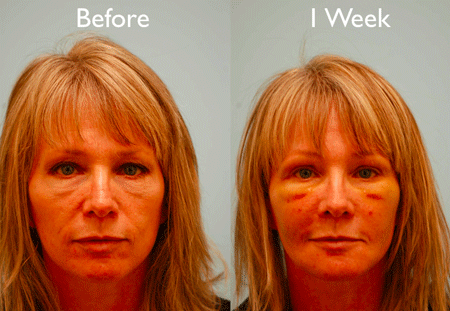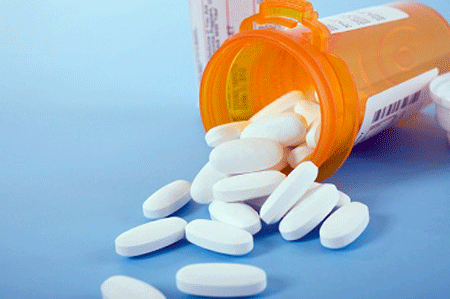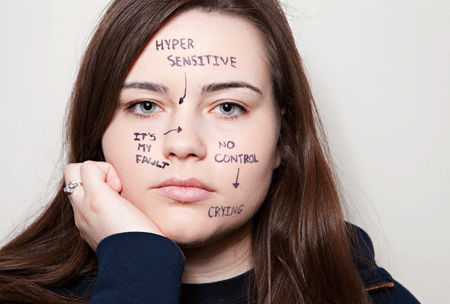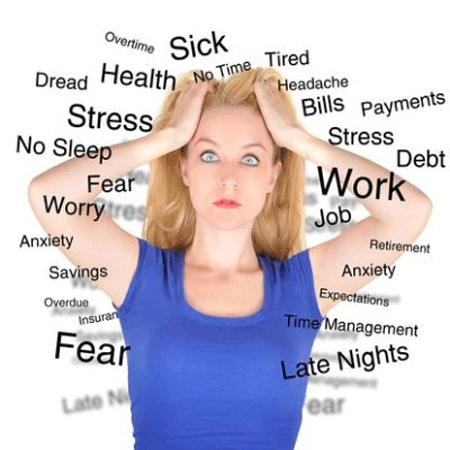Depression after plastic surgery: Know about its Sign, Symptoms, and Treatment

Depression after plastic surgery is a common one. Possible signs and symptoms and treatment measures of depression should be known to all to avoid a bad response in future.
We all know that plastic surgery is done to make yourself feel better, feel good about your face and your body. But what we don't know is the possible side effects/complications, we have to suffer following the surgery.
Among the side effects, which you might be thinking are usually physical or visible, depression is also one of the major post-surgery problems known to be affecting many people/
Experiencing depression after surgery is common. It is a well-documented adverse effect of many surgical procedures.
Many surgeons fail to warn patients about the possible risks of plastic surgery.
Treatment facilities in the United States do not routinely screen patients for post operative depression. Postoperative depression and surgery have a deep inner connection.
Depression After Plastic Surgery
Depression is a common but a serious mood disorder. It causes severe symptoms that affect how you feel, think, and handle daily activities, such as sleeping, eating, or working.
Post-surgery depression can be caused by the following factors:
- chronic pain
- reactions of anesthesia
- facing one's own morality
- the physical and emotional stress of surgery
- reactions of pain killers
- physiological side effects from surgery (pain, swelling, and bleeding)
- Lack of support from family
- Disappointment with the results of plastic surgery and continued dissatisfaction with a specific physical feature.
Despite all the evidence linking depression to surgery, many prospective patients still don't believe it and apply to cosmetic surgery.

A study conducted in the year 2007 traced the possible relationship between depression, Body Dysmorphic Disorder (BDD) and cosmetic surgery.

The study proved that almost 87% of people who undergo plastic surgery are, in fact, unsatisfied with the outcome and that's one of the reasons behind depression.
Signs and Symptoms of Postoperative Depression
Before we go through the possible ways to avoid depression it's very important to know the symptoms associated with depression in general.

According to a research of the National Institute of Mental Health (NIMH), here are the possible signs and symptoms directly linked with depression:
- Persistent feeling of anxiety, sadness, emptiness or despair
- General irritation
- Feeling of guilt or worthlessness
- Loss of interest and enthusiasm on a specific task
- Fatigue or restlessness
- Lack of concentration and memory
- Sleeping abnormalities (too much sleep or not enough)
- Suicidal thoughts
- Aches and pains
- Thoughts of harming oneself or others
- Difficulty making a decision
- Eating much more or less than normal
Though depression is a state affecting the mental stability, it may lead an individual to physical illness as well.

However, postoperative depression may behave differently in each person. Feelings linked with depression stay with an individual after surgery for a long time if they are not addressed in time.
Possible Ways to Reduce Depression
As it's already stated before that it is normal for people to feel anxious about the outcome of their surgery.
But don't worry as there are some steps one can adopt to reduce the impact of this problem.
1. Understanding what to expect
A patient should be aware of the possible outcome of the surgery. This kind of attitude helps them to handle these issues.
The emergence of all kinds of possible symptoms should be addressed in time. If any kind of question arises in mind, one should immediately go for it and ask the specified physician.
2. Monitoring and sharing symptoms
People should monitor any troubling symptoms that show up during the process. Addressing the problem in time helps to tackle and handle these issues.

The characteristic symptoms developed in the phase should be frankly shared with the doctor or mental health care professional to know if any form of treatment is required.
3. Being close to friend and family
Friends and family play a vital role in tackling major problems after post operation.

One gets full love and support from the loved ones if you remain in a group.
4. Exercising on a regular basis
Exercise and yoga can be a beneficial one for people to prevent depression after surgery.

Exercise helps to strengthen the physical and mental state of the body. It may also increase self-esteem and boost the overall quality of life.
For more updates and health related articles visit our official page.
Also, see:
2. Top Eight Hollywood actors and their Bad Decision of Plastic Surgery
